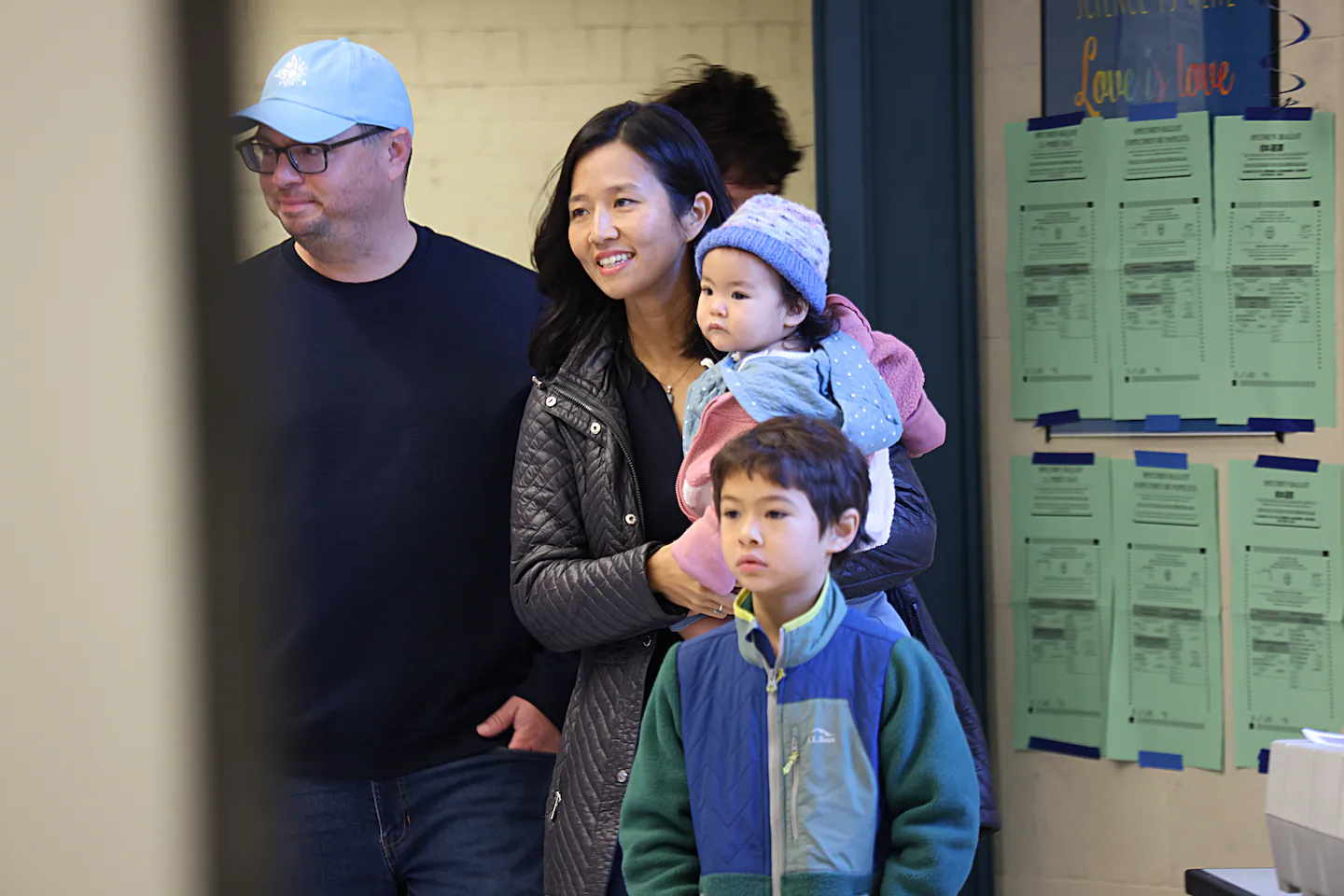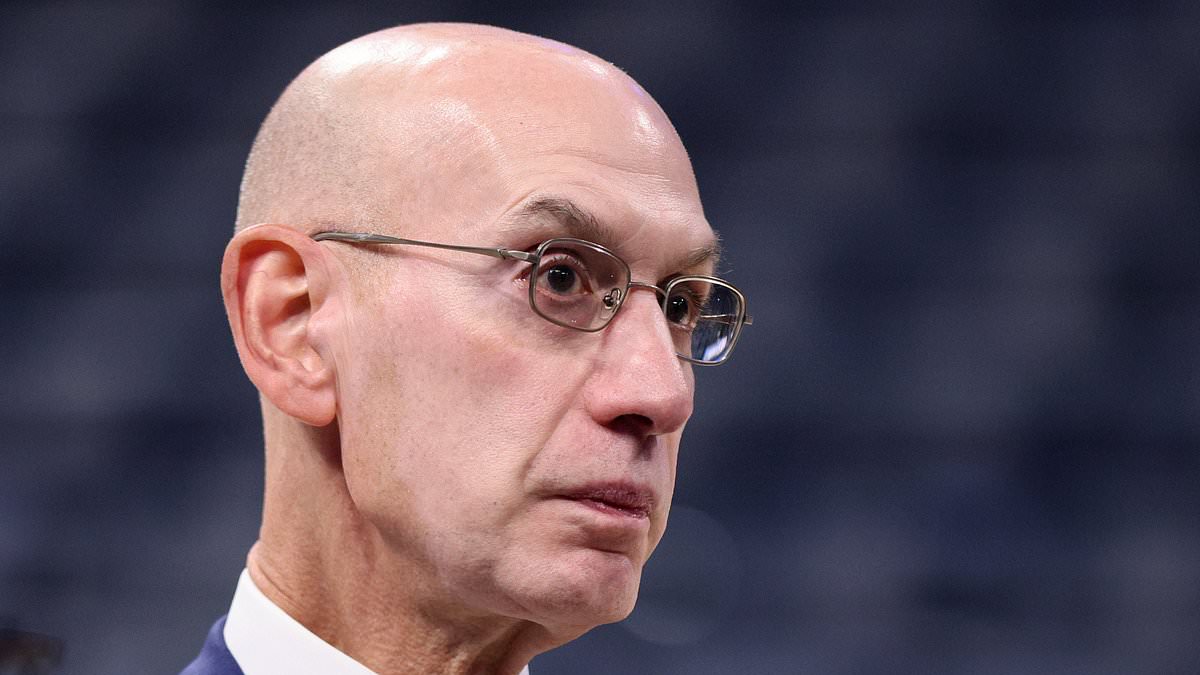Copyright The Boston Globe

In an ideal world, then, Wu and an opponent would have vigorously debated how best to meet both challenges — and the myriad other issues Bostonians care about — during this fall’s election, so that voters would have had a real choice at the polls. That didn’t happen. Wu was the only name on the ballot on Tuesday after opponent Josh Kraft dropped out in September following a dismal showing in the preliminary election. As expected, Wu coasted to victory over a handful of write-in candidates. The lack of competition was hardly Wu’s fault, but it does mean voters missed out on one of the great benefits of political campaigns, which is that they provide a way for the city to have a conversation with itself about the future. Over the next four years, the task for Wu will be to stay laser-focused on those fundamental challenges anyway and not to mistake her easy victory on Tuesday for a blanket endorsement of the status quo. Indeed, every City Council incumbent on the ballot was also reelected Tuesday, meaning Wu allies will continue to control it. None of them should let it go to their heads. For Wu, that means building on the forward momentum on schools she established in her first term. On housing, it means taking an honest look at why construction has slowed on her watch and changing gears as necessary. Wu inherited a school system with declining enrollment that had cycled through superintendents and come to the brink of a state takeover. Since 2021, she has started the politically difficult, but necessary, process of closing and consolidating schools so that the district isn’t squandering resources on empty seats. Her superintendent, Mary Skipper, has stayed in the job for three years, providing much-needed stability to district leadership. More recently, she took up the thankless task of reforming the exam school admissions process. Even the school buses are running (almost) on time. Specific policies aside, Wu has also brought a different, hands-on tone on education to City Hall. She recently gave the city’s first-ever “State of the Schools” speech, which was notable mostly for the fact that it happened at all: Her predecessors have generally tried to keep their distance from schools, perceiving public education as a hopeless political minefield. Of course, Boston Public Schools families have heard big promises before. The system’s inertia at times seems insurmountable. But it’s possible that consistent leadership from the mayor has been the missing ingredient. Our hope for Wu’s second term is that she continues what she has started and keeps in mind her own vow to make Boston’s schools the best in the nation. If the city can make enough progress closing the disparities between schools in BPS, Wu might even earn enough political capital to tackle the school assignment system. Unlike most places in the country, students in Boston don’t necessarily go to the closest school; they’re assigned to schools in a complicated lottery system. The assignment system, a legacy of the desegregation era, deprives families of certainty and students of the normal childhood experience of going to school with their neighbors in their community, but changing it has long been perceived as a political third rail. As a political matter, Wu may feel less pressure to address the city’s housing shortages. The people who moved out of Boston because they couldn’t afford rent and those who never came here because they couldn’t afford a house or couldn’t rent an apartment because neighborhood opposition blocked its construction in the first place — those people by definition don’t vote for mayor. But unless it wants to become a city of just the rich and the poor, Boston needs more housing. Wu takes umbrage at the idea that her policies — specifically, hiking the amount of housing that developers are required to set aside for low- and moderate-income tenants at below-market rents — has anything to do with the slowdown, pointing instead to national factors. It’s certainly true that the city doesn’t control steel and lumber prices, interest rates, or tariffs — all of which have gone up, meaning some developments no longer pencil out. But those are reasons for the city to be strategic about the few ways it can influence housing prices. It’s because Boston can’t control economic conditions that it has to be smarter about the regulations it does control — and if relaxing requirements would spur development during an economic downturn, the city should do it. The mayor should also think twice about aligning with housing opponents and avoid playing games with the city’s review processes for housing, as the city was accused of doing in the review of the Crane Ledge development. In that case, it took a judge’s order for the city to follow its own zoning. In the end, the Wu administration’s slow-walking of the project’s approvals backfired, leading the developer to drop income-restricted units from the development. Boston’s housing woes are, in one way of looking at it, a good problem to have. It’s only because so many people want to live in the city that prices have shot up the way they have. But complacency is dangerous. In her second term, Wu will have a lot on her plate. But she shouldn’t lose sight of the two things that Boston needs most to secure its long-term prosperity: decent places to live that families can afford and good schools they can send their children to.



